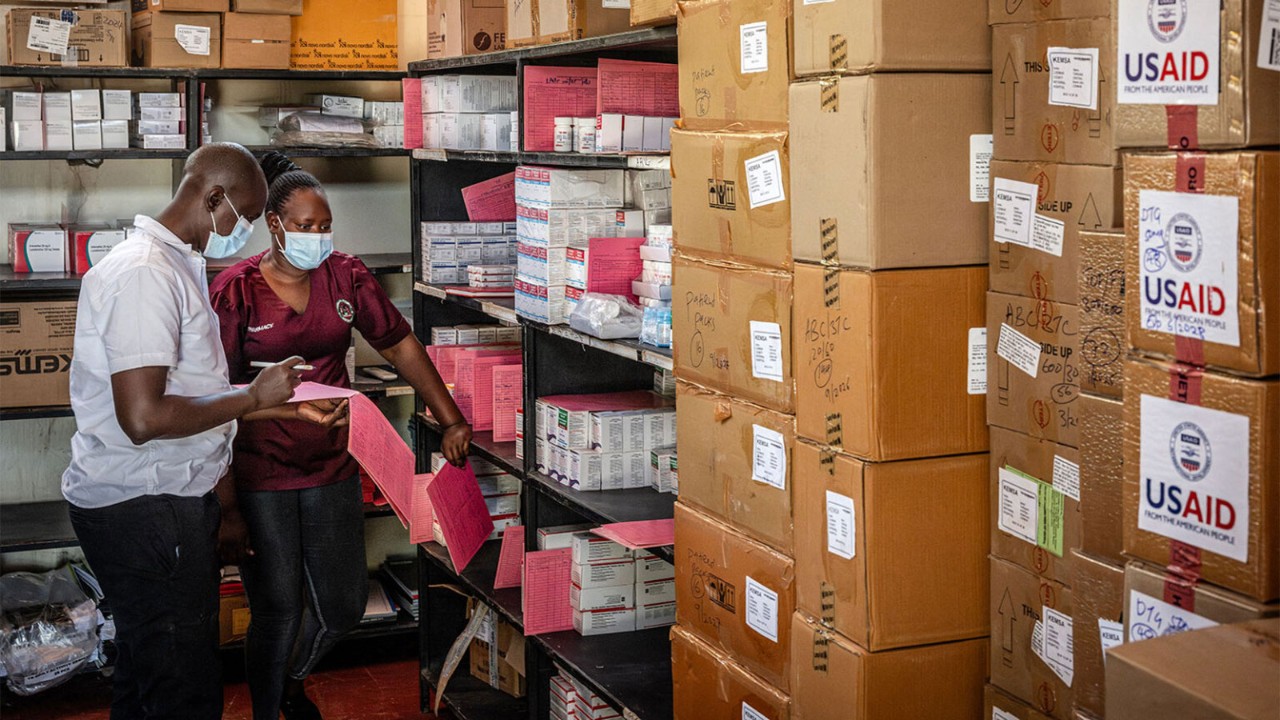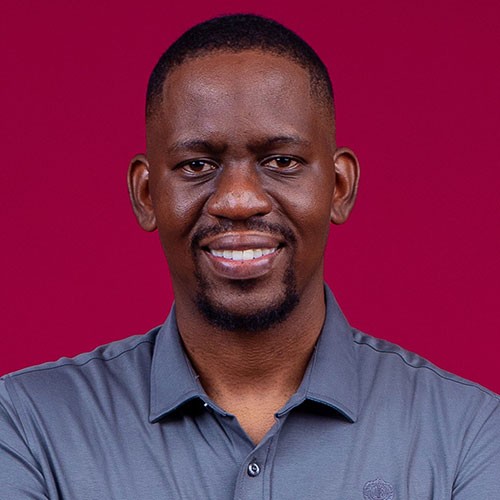
The funding pullout from Africa caused by the US administration taking an axe to the budget of its aid agency USAID at the start of this year has been a nightmare for finance directors in the region, who are scrambling to shore up budgets and keep their organisations going.
It has been punishing work for ACCA members involved in projects promoting peacekeeping, democracy, life-saving healthcare, water sanitation, climate resilience and emergency food schemes, many of which have seen their funding terminated. According to The New York Times, USAID was running over 6,000 projects, worth US$120bn, in late January 2025; a month later there were just 500 left, worth US$57bn. Among the many African projects axed have been HIV testing for orphans in South Africa and Ebola prevention in Uganda.
Hard decisions
One of those in the firing line is Thomas Banda FCCA, until recently director of corporate services with the African Ministers’ Council on Water (AMCOW). He has helped craft the policy development forum’s response to the USAID cuts, which were compounded by a funding reduction at roughly the same time by the Swedish development agency and have cost the Council around US$2m annually – half of all its funding.
‘It’s had a severe impact on the aspirations that we had,’ Banda says, adding that the cuts have required ‘hard decisions’ to be made. He himself moved on at the end of his Council contract, knowing there was little money to continue to pay for the role, and many others have lost their jobs.
‘The whole process has been emotionally so draining’
Banda led the appraisal of how the organisation could respond. The first step was to review the Council’s ambitions and budgets, revisiting the current year’s expenditure plan, and those for future years. Vacant positions were also frozen and departments merged. Spending on travel for a key summit was slashed and the meeting made partly virtual, with a much smaller group attending in person.
And in the hunt for new donors, the organisation has had to shift away from its traditional focus on general water policy. Programming, Banda says, has moved to issues ‘that more or less relate to climate change’ so that water resources management can tap into climate finance. The whole process, he says, has been ‘emotionally so draining’.
Tight deadlines
The urgency and scale of the financial planning required to deal with the crisis has demanded a monumental effort from those affected. Gabriel Buh Kang FCCA, deputy representative in charge of operations for Unicef in Niger, found himself working till midnight for days on end as the USAID cuts progressed.
Heavily reliant on overseas aid, Unicef globally will see its funding fall somewhere between 25% and 40%, and was undertaking a global structural review as we went to press. Unicef Niger, with its 200 staff, was conducting a mid-term review of a four-year budget cycle when the USAID axe fell, piling on the problems for Buh Kang and his one other colleague in finance. Development funding had already dropped, following a coup in the country in 2023.
‘We’re at the forefront due to our skills in financial analysis and strategy’
Buh Kang sent off the revamped budget to a review committee in Dakar and then senior managers in New York, with just two days allowed for changes. He then had to input the staffing and restructuring decisions into Unicef’s budget system, sometimes running figures up to 30 times to make sure they stood up to scrutiny. ‘We had to work very hard to make sure that we submitted our revised submission within the time limit given to us,’ he says.
Wipeout fears
Also working hard to alleviate the USAID cuts pain, albeit in a less acute area, is Felix Biga FCCA, chief operating officer at polling specialist Afrobarometer, in Accra, which has lost around 20% of its annual budget, around US$700,000. It’s a major blow for Afrobarometer, but its partner organisations across the continent will be hit even harder, with some losing around 40% of their annual funding.
‘Some say we are beancounters,’ Biga says. ‘But our roles have evolved and we’re actually at the forefront of some of these issues because of our skills in financial analysis and focus on strategy that is essential for business decisions. We bring objectivity to make hard decisions.’
The outcomes have indeed been tough. At Afrobarometer, the biggest changes have been in the way the organisation works, with travel budgets for key meetings with partners chopped and recruitment frozen for core data analyst and secretariat roles, but for others the outcomes have been existential.
‘We are revising our fundraising strategy’
For those like Afrobarometer who are able to carry on, efforts are also underway to find alternative donors. ‘We are revising our fundraising strategy,’ Biga says, although there will still be dependence on core donors until adjustments can be made.
Biga remains hopeful that Afrobarometer can survive the crisis. He points to the recent release of a flagship report that had many more people watching online than in their conference room. ‘People are listening to us,’ he says.
By providing the financial knowhow that is needed now more than ever, ACCA members are key to African development projects riding the funding storm. Along with the champions and proponents of many projects who undoubtedly exist inside the US administration (a hefty proportion of USAID work axed earlier this year has since been restored), they can give their organisations breathing space to survive until better times return.



